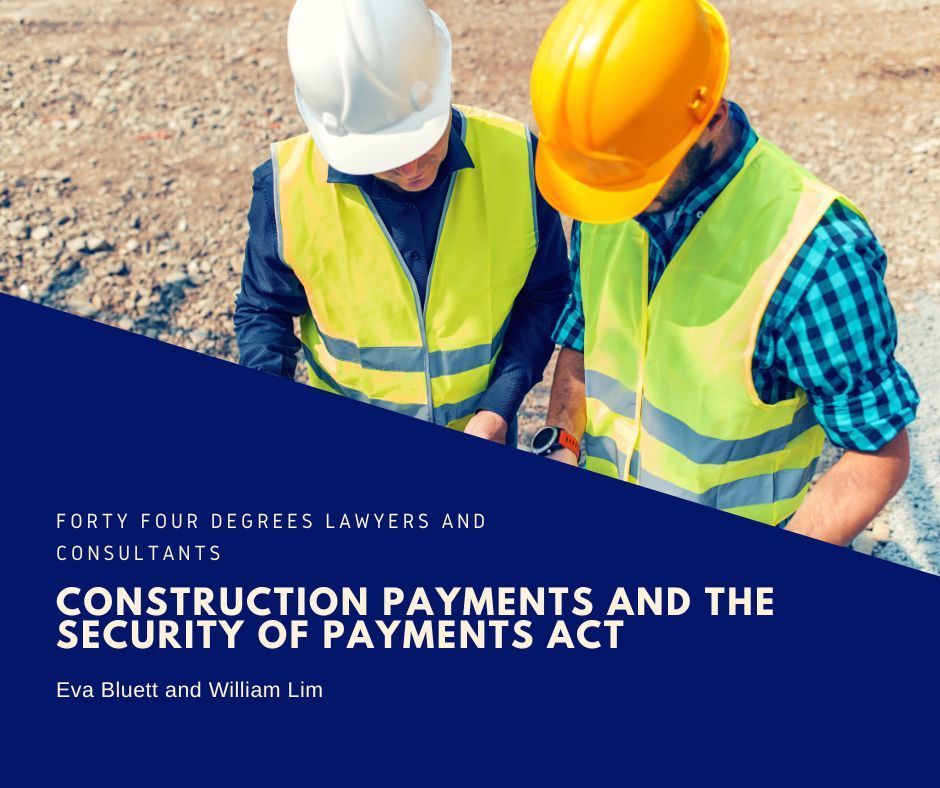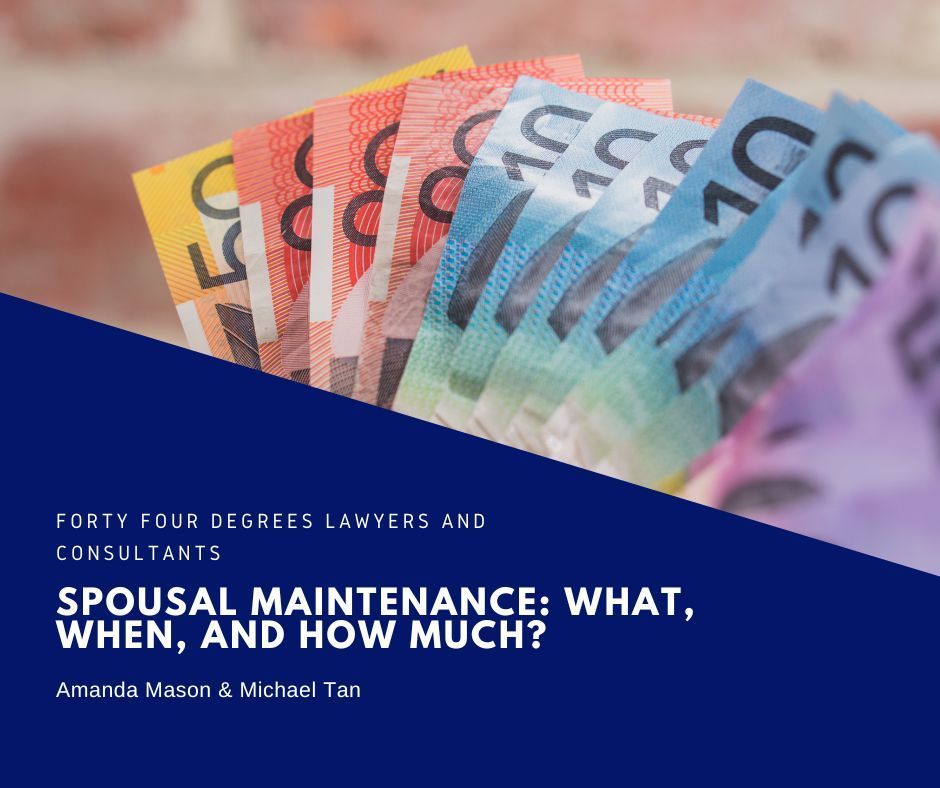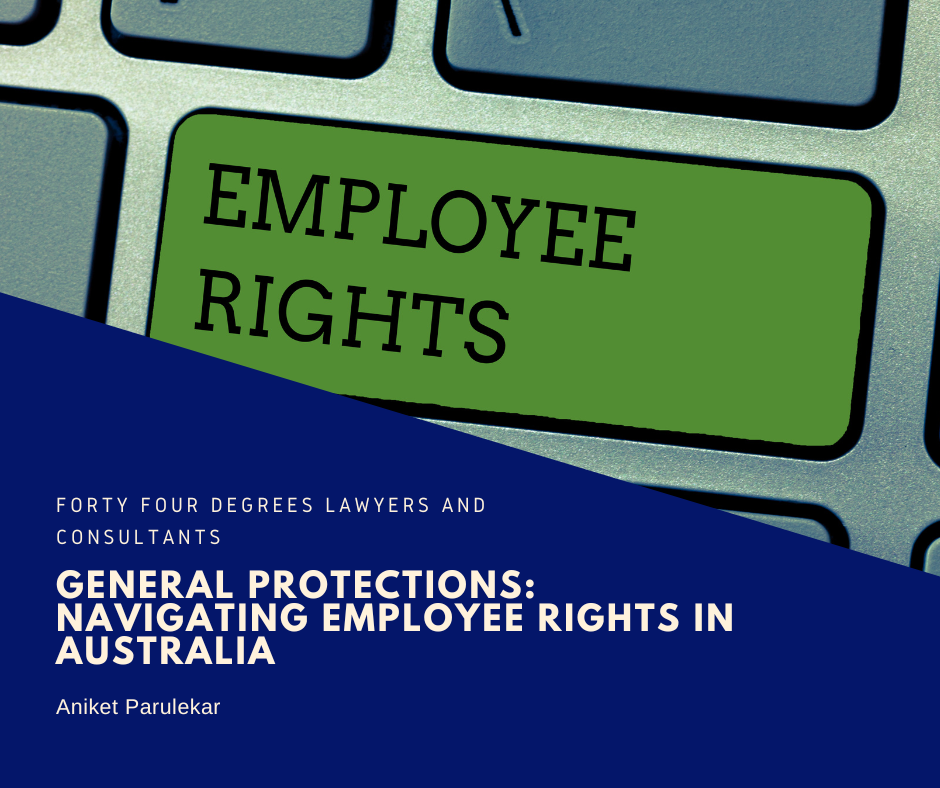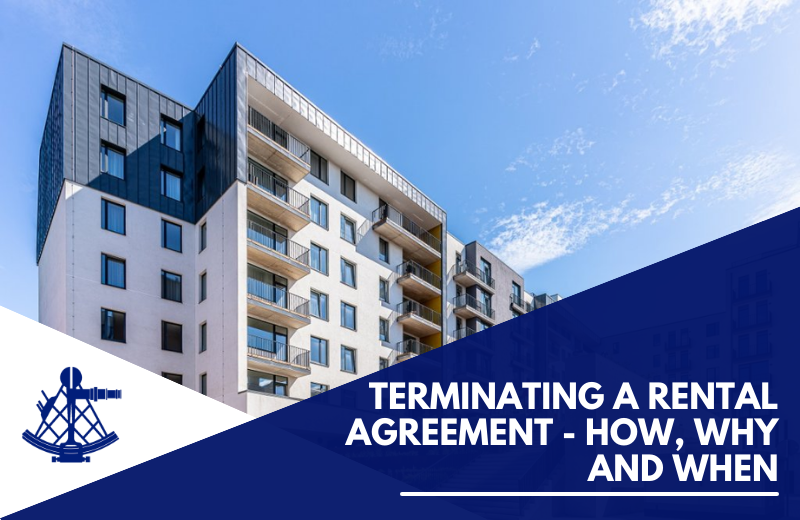So you want to sell your property? 6 Steps to a successful sale
Hana Lee • Jan 01, 2020
Ready. Steady. Go.

The legal process of transferring ownership of your property is called conveyancing. While Forty Four Degrees regularly dabbles in conveyancing, many property vendors find the whole process strange and unfamiliar. To add to the confusion, the process of selling a property is a very different experience to purchasing one.
To help you understand the process we’ve summarized the six steps to a successful sale.
1. Pick your teammates
Your all-star sale team will consist of a real estate agent, a solicitor and, of course, you! You team will get your property in tip-top shape and ensure you can get the best price, and best negotiating rights for the sale.
1. Real estate agents list your property for sale. They’ll assist with taking pictures, drafting an information statement, advertising and dealing with potential purchasers’ questions. The best real estate agents have in-depth knowledge of your community and charge reasonable commission fees. Shop around and pick an agent that feels right for you.2. Solicitors are responsible for preparing the contract of sale and making sure the legal nitty-gritty is taken care of for you. A solicitor who specialises in property matters can give guidance to prevent mishaps that can be very costly. A good solicitor will ensure the paperwork is correctly completed the first time and keep you informed about each step of the conveyancing process.
2. Decide your terms
It is important to set clear expectations from the beginning of the transaction. How much are you willing to accept? How long are you willing to wait to sell? Will you throw in any extras, like your furniture or the swing set in your backyard?
List out what you want from the transaction and what your priorities are. For example, if you’re willing to accept a lower sale price for a quicker transaction or would prefer to wait to get a better price, you should let the real estate agent know so he can communicate these preferences to any interested purchasers.
3. Prepare the playing field
Your solicitor will prepare the contract of sale and a section 32 Vendor’s Statement. It’s a good idea to have the contract prepared before the property is listed on the market, so that any interested buyers have a clear idea of what they’re buying and what your expectations are.
A Section 32 Vendor’s statement is a document that must be prepared by the vendor of a property and given to the purchaser before a contract of sale is signed.
Important! If the vendor’s statement is incorrect or incomplete, the buyer may be able to withdraw from the sale and pursue legal action. It is crucial that this document is prepared correctly which is why a solicitor with property law expertise is recommended.
4. Pick a winner
Your real estate agent will help you decide whether to take the property to auction, accept private offers, or a combination of both.
When you receive an offer, you should consult with your real estate agent as to whether it is a reasonable price. Setting clear expectations (above) will help you determine whether or not you should accept the offer.
Purchasers will often offer less than what they are willing to pay, and you should be open to negotiating if you think your property is worth more. You should also take into considerations any special conditions requested by the purchasers. Your solicitor can assist with deciphering any complicated special conditions requested by the purchasers.
If you accept an offer, you will be required to sign and date the contract of sale. Once accepted, the purchaser will pay the deposit and the settlement process will kick-off.
5. Prepare for Settlement
Congratulations! You’ve found a purchaser. Settlement dates are usually 30-60 days from the day of sale, which is the day by which both parties have signed the contract of sale.
In the days leading up to settlement your solicitor will work with you to prepare:
1. A discharge authority for your lender2. A foreign resident capital gains withholding certificate3. A GST withholding notification for new or potential new residential premises;4. A section 27 statement allowing for an early release of deposit; and5. A settlement workspace.
Your solicitor plays a critical role in the time between the day of sale and the date of settlement. Make sure you keep in touch with them (us) and provide any information requested by them (us) in a timely manner to ensure that settlement is not delayed.
6. Cha-ching!
On the day of settlement, you’ll need to prepare the property for vacant possession (unless there is a tenant in the property and the sale was subject to a lease). This means moving out, cleaning out the property and leaving the keys with the real estate agent.
During settlement a number of things will happen:
1. Your bank discharges their mortgage;2. You transfer the title of your property from your name into the purchaser’s name;3. The purchaser’s bank registers their mortgage and, most often, takes control of the property’s title;4. The purchaser pays the remainder of the purchase price into the workspace. The purchase prices is used to pay off your bank loan, council rates, water rates, Owner’s Corporation fees (if applicable), land registry fees, bank fees and legal fees; and5. You pocket the remainder of the purchase price.
At the end of the transaction you’ll have a pocket full of cash and one less house to worry about. We also recommend that you contact your accountant to discuss the financial and tax implications of your property sale.
Please note the above article is a general summary of the conveyancing process from the vendor’s perspective. We recommend you contact us to discuss the differences in the event any of the following apply:
- A new build;- Off-the-plan sales;- Property developments;- Development acquisitions;- Complex title transfers/partitions;- Foreign vendors or purchasers;- Company and company trustee vendors/purchasers;- Estate transfers and transmission application.
For more information about the sale process or any of the steps in the conveyancing process, get in touch with us.
And stay tuned for…
Coming Soon
Forty Four Degrees’ Information Guide for Vendors. An easy to read PDF detailing the vendor’s journey through the sale of property. Check back for a link to the PDF when it becomes available.
Contact Us
We’re an Australian Law Firm promoting a nuanced, personal touch. We have the skills you need to resolve your case quickly and with a positive outcome. Our straight talking team stays close to simplify what is most often a complicated process. We help individuals and businesses with technology and startup law, property law including conveyancing and leasing, commercial law, civil litigation, wills, estates, bankruptcy, insolvency, criminal law, and professionals facing investigations and charges from their regulatory body.
We have a connected network of talented lawyers in Melbourne CBD, Dandenong, Ballarat, and Ivanhoe East.
Fill out the form or call us on 1300 892 237.
Thank you for contacting us.
We will get back to you as soon as possible
We will get back to you as soon as possible
Oops, there was an error sending your message.
Please try again later or call us on 1300 892 237.
About Us
We do business your way.
203/ 50 Market St, Melbourne VIC 3000
50 Lydiard St South
Ballarat Central VIC 3350










